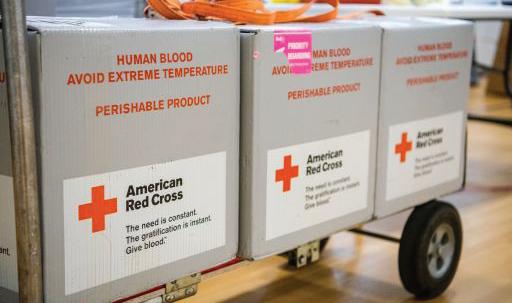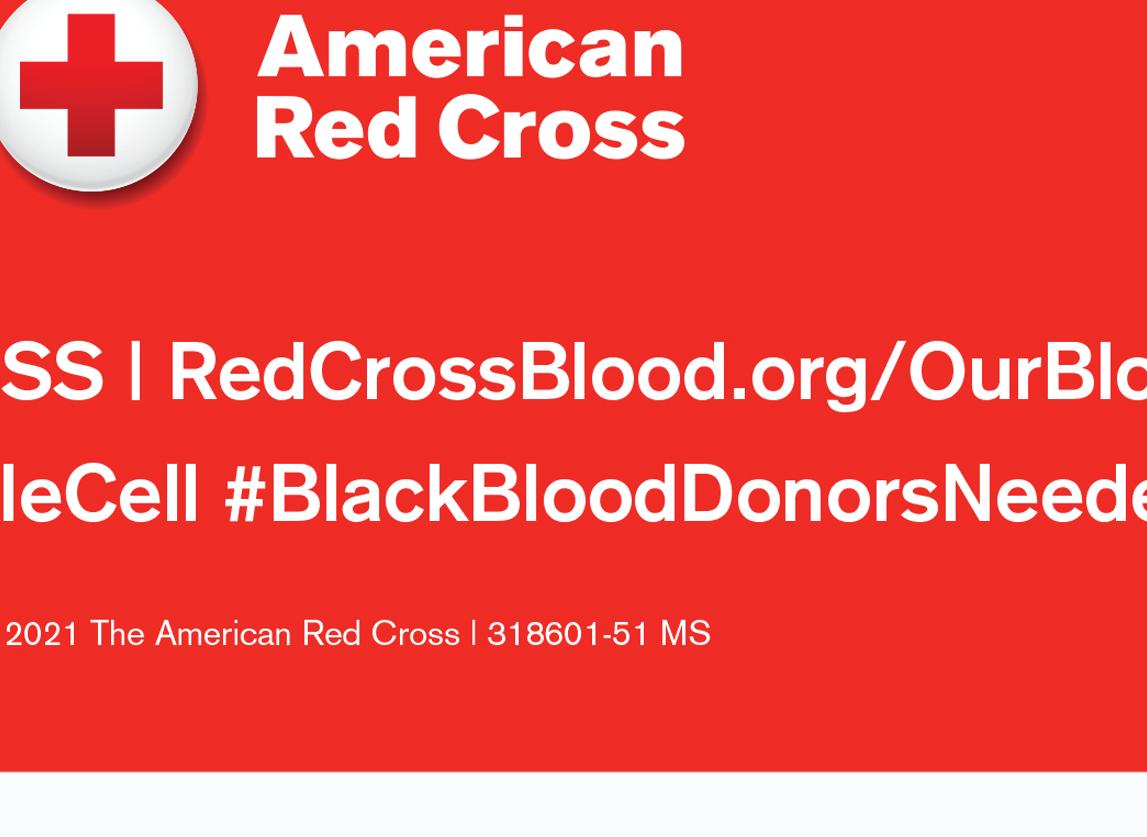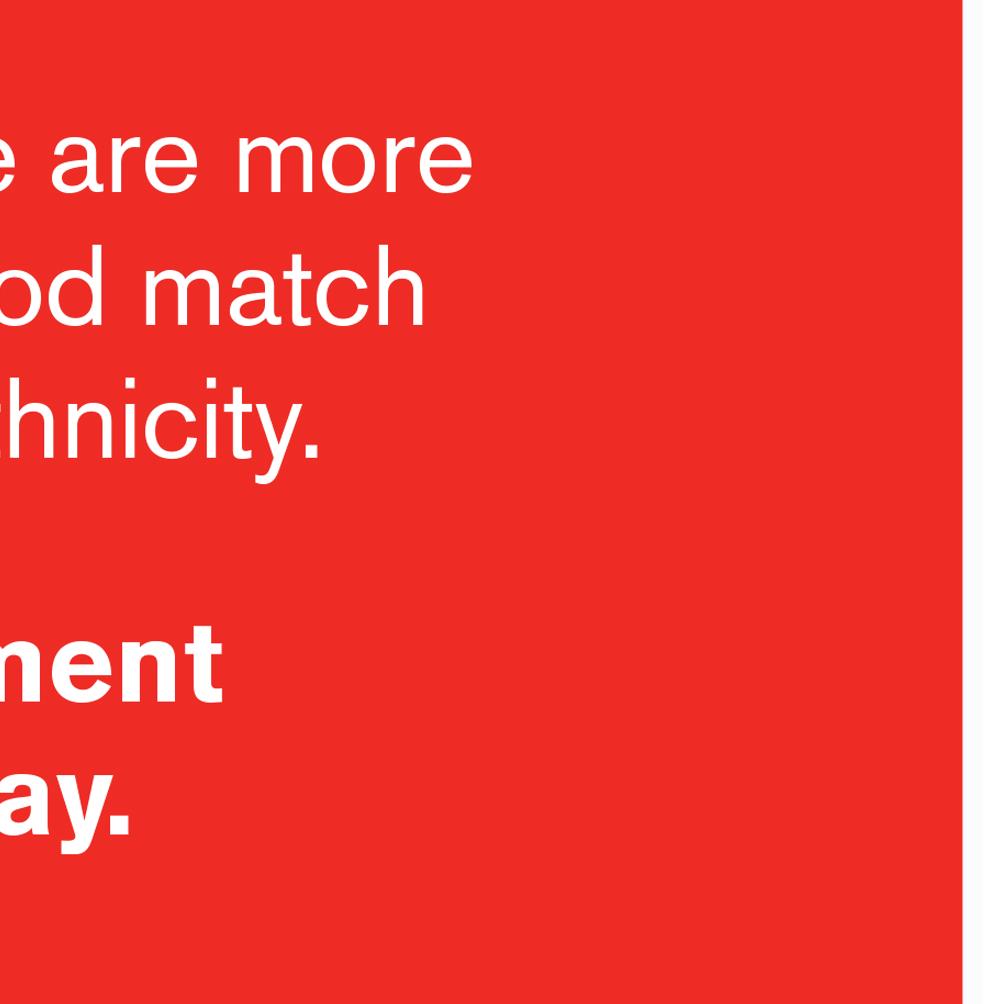
3 minute read
Our Blood Saves Lives
By Tiffany Taylor, Biomedical Communications Specialist American Red Cross
needs of patients with sickle cell each day. Many may know someone who suffers from sickle cell disease. It is a condition that is not spoken of or rallied around as much as other diseases but has a massive effect on the Black community. Sickle cell disease currently affects more than100,000 people in the U.S., most of whom are Black. This disease, which distorts soft and round red blood cells, causes patients extreme pain and sometimes cause life-threatening complications. While people may know little about sickle cell disease, it is critical that we raise greater awareness to help meet the immediate and ongoing
Patients with sickle cell enter hospitals every day enduring indescribable pain that requires various treatments to help them cope. In many cases, blood transfusions are necessary. Compatible blood products donated from someone of the same blood type and race, or similar ethnicity offer patients with sickle cell the best chance for a smoother recovery process. Unfortunately, that compatible blood, at times, is not available when needed. With a targeted focus, the American Red Cross has launched a national initiative to increase blood donations within the Black community to support patients with sickle cell. This effort is critical because studies show that while the majority of sickle cell patients are Black, only about 4% of the Red Cross blood donor base is Black.
The low number of blood donors who are Black can be attributed to a myriad of things including a lack of knowledge around the need, historical healthcare traumas, a

lack of nearby blood drive opportunities and now, the pandemic. The Red Cross recognizes these various barriers and is working to provide solutions. In addition, the organization is collaborating with community-based partners to provide blood donation information and dispel myths around giving blood. These partners, who are immersed in their communities and committed to the well-being of them, are instrumental in the success of improving the lives of those suffering with sickle cell disease.
Safety, especially during these times, is a top priority for the Red Cross. To ensure the most comfortable donor experience, all blood drives have processes in place, including enhanced disinfection measures for all surfaces and equipment, and social distancing between donation beds, waiting and refreshment areas.
As you prepare to help save a life by donating blood, here are a few things you should know:
1.The blood donation process from the time you arrive until the time you leave takes about an hour. 2.You will undergo a mini health screening where they will check your blood pressure and hemoglobin level. 3.Your blood will be sent to the lab for a few tests including infectious diseases, blood type and sickle cell trait testing.
Our blood saves lives. Patients depending on lifesaving blood transfusions need us. The Red Cross is committed to improving the health of our communities by ensuring all patients have access to compatible blood products whenever and wherever needed.
To learn more about sickle cell disease and the valuable role blood donors who are Black play in treatment, visit RedCrossBlood.org/OurBlood. There, you can schedule an appointment to give blood, sign up to host an in-person or virtual bl ood drive and make a lifesaving impact.






















